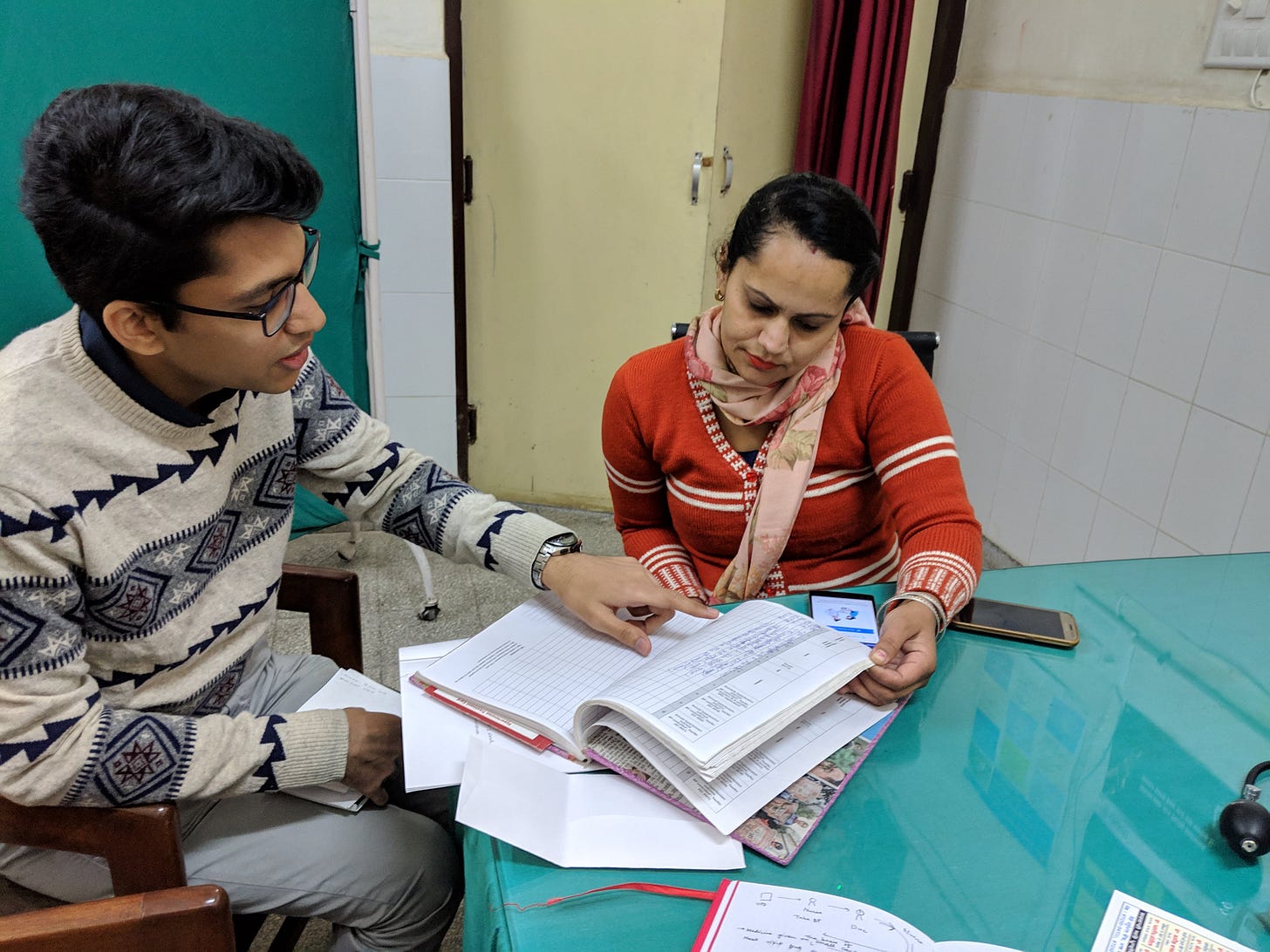Be wrong about your user
A pre-requisite for designing great digital products is understanding who you are designing for. But every once in a while, when you’re designing products, you’re wrong about your users. That’s actually a good thing.
A couple of years ago, we were designing Simple, a mobile app for nurses in primary healthcare centres to treat patients with high blood pressure. Our natural instinct was to simplify till nothing was left to take away and we designed a simple home screen for the app. The nurses hated it. It wasn’t working for them.
They were spending too much time looking for a button or a flow in the app and spending too little time actually treating the patient. We added more features to the home screen, but we would never have known had we not spoken to the nurses. We made it a point to test and co-create with nurses every month.
We have another story for you. In 2017, we were designing Zoto, a Nigerian payments app. In the app, we offered little explanation for what an OTP is, how it arrives and what its purpose is. Why would we? Digital payments were big and users knew what an OTP was! But when our team travelled to Nigeria, they learnt that digital payments were new to the country and people often confused the OTP for their bank pin.
The solution was to add UX copy to explain OTPs to users. Adding so much text went against our idea of “good design”, but it was what users needed. Transaction failure rates dropped drastically because users were reading the copy. It worked.
It’s normal to have assumptions, that’s just human nature. But without testing your product, you’d end up designing for someone in the same geography, in the same income bracket, with the same fancy iPhone that you have. There is no replacement for research. When you test your product, you let your users tell you if something is working for them. You will find some of your assumptions to be true, but many will be wrong. And that just means you’re talking to enough users.
If you’d like to learn more about research, here are a few useful links:
Until next time!




